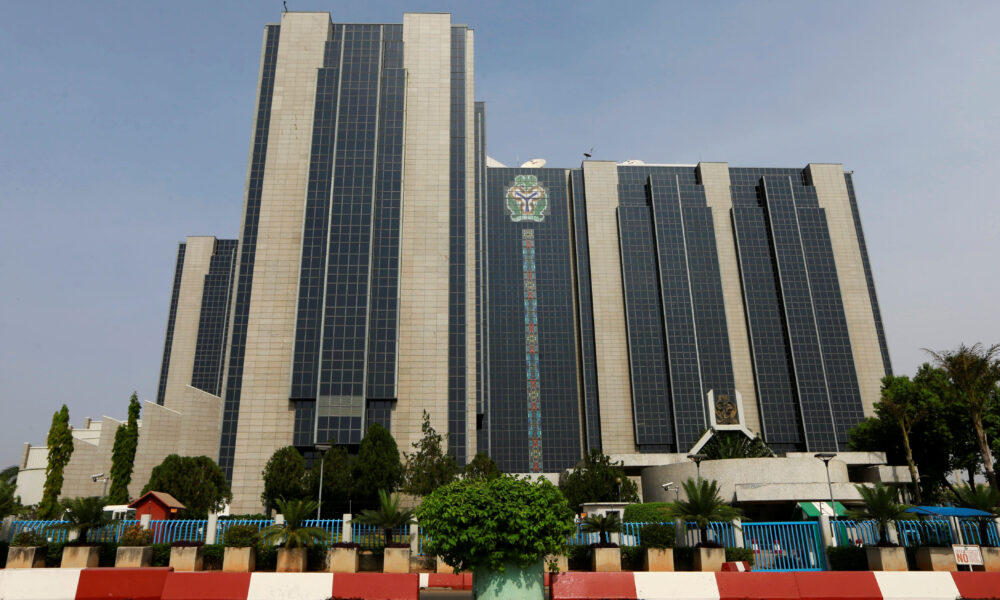The Niger Delta Power Holding Company, a Federal Government-owned power firm, has revealed that the Central Bank of Nigeria (CBN) and other institutions, including the Nigerian Bulk Electricity Trading Plc (NBET) and the Nigerian Electricity Liability Management Company (NELM), are all in debt of N190bn for the supply of electricity, News About Nigeria reports.
The Managing Director and Chief Executive Officer of the Niger Delta Power Holding Company (NDPHC), Chiedu Ugbo, made this known on Monday during a media briefing in Lagos.
He noted that the aggregate sum of N190bn was obtained as a result of the debts owed by these institutions from 2015 till date, stating that the Nigerian Bulk Electricity Trading Plc (NBET) owed a larger percentage of the debt.
He further noted that the huge indebtedness of these institutions to NDPHC was incurred as a result of unpaid invoices, maintaining that the NDPHC has been deprived of hundreds of billions since 2015, when the Transitional Electricity Market was declared.
He added that the government has so far been denied revenue as high as N3trn.
Ugbo also noted that the debts owed to the government by these institutions have made it burdensome for the Niger Delta Power Holding Company to carry out some of its operational obligations, including taking stock of spares, payment to gas suppliers, and others.
According to him, the indebtedness has made it difficult for the company to pay its gas suppliers, maintaining that they have refused to supply gas to the NDPHC.
Ugbo further stated that this has been a cause of concern, as gas is what is used in the generation of power, and without gas, the company would not be able to make sales.
He lamented the fact that although the capacity of the company’s ten plants is 4000MW, enabling them to generate as much as 2000MW, the company currently generates 975MW.
Ugbo added that the NDPHC has had to cut down costs, making it possible to sustain operations with internally generated revenue and interventions by the Federal Government.
He noted that the company needs urgent private capital mobilization.

